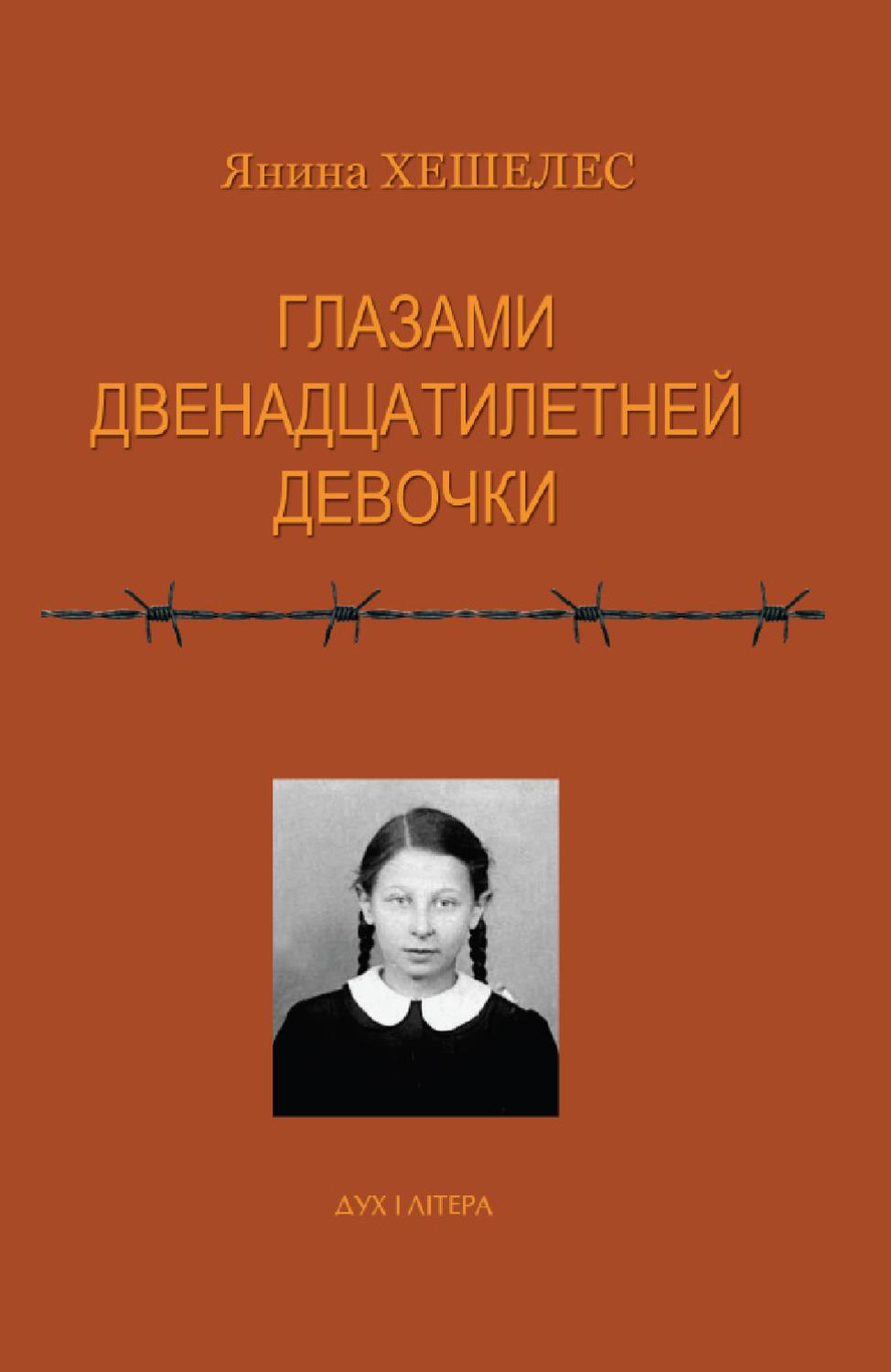Meeting with Janina Hesheles
Center hosted a meeting with Janina Hesheles, a Lviv Holocaust Survivor and author of "Through the Eyes of a 12-year-old Girl".
In 1946, Janina Heshele’s diary was published in Poland. Written in Polish, the volume told the story of the Nazi occupation of Lviv, the life of a teenager in the Lviv ghetto, and escape from the Yaniv concentration camp. Now, 65 years later, the diary has been translated and published in Ukrainian. "Through the Eyes of a 12-year-old Girl" adds to a growing list of memoirs published in Ukrainian in recent years, and further supplementing the historical record of the radical change inflicted upon Lviv, Ukraine, and all of East Central Europe by World War II and the Holocaust.
Janina Hesheles
comes from a Polish Jewish family. During the 1920s her father Henryk was an editor at the Lviv-based Polish language Zionist newspaper “Chwila” (“The Wave”), a leading periodical in Lviv of the pre-war period. The newspaper’s editorial offices were located on what is currently Pidvalna Street in the building where Kamenyar Publishing is now located. Janina Heshele was able to survive the war thanks to the covert Zegota Jewish assistance council which helped her escape from the Yaniv concentration camp and flee to Cracow. Following the war, Janina traveled to Israel where she became a chemist, conducting research in institutes in Israel and Germany. In retirement she has returned to writing. She published the book “White Rose” about students and scholars prior to and after Hitler’s rise to power.
Janina Heshele first traveled to Lviv in 2011 for a presentation of the Ukrainian publication of her wartime diary, making this her second visit to the city. During the presentation, visitors had the opportunity to speak with Janina Heshele about her trying experiences as a young girl who survived the nightmare of war and holocaust, as well as her childhood in pre-war Lviv, her life after the war in Poland and Israel, and her experiences and impressions of returning to Lviv.
From the epilogue of her recently translated work:
"...following the appearance of my memoirs in Ukrainian, my imagination returns again to the city of my childhood. This city calls to mind the perfume of flowers and the song of birds, picking daises on the grassy heights of Vysoky Zamok and gathering chestnuts at the Hetman’s Ramparts, making my way beneath the cherry blossoms. These are the childhood moments and life associations that are never forgotten. What came later, what is written in these memoirs, I tried to erase from memory in order to live a normal life like that of my peers in school, university, and work.
Now, with eight decades behind me, this Second World War generation is living out its days and I am returned in memory to Lviv... returned, with the understanding that my Lviv is everywhere. It is in the heart of every exile, driven from his native village or town, and in that of every person who was deprived – by the hardness of that age – of parents and family".
